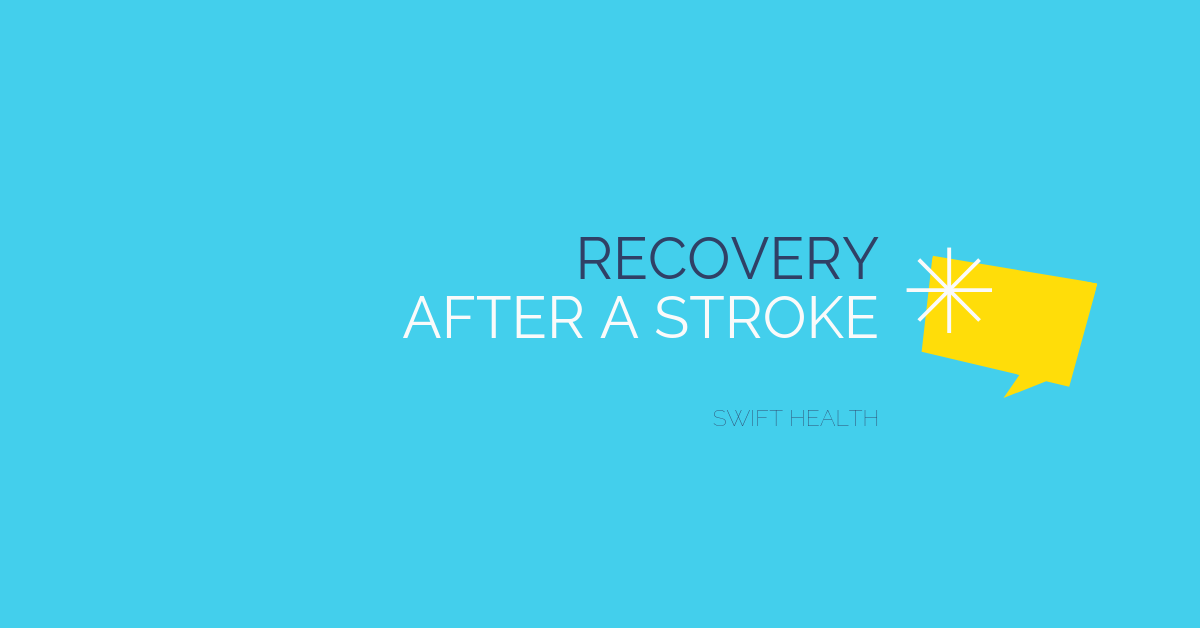
Therapists For Recovery After A Stroke
During the past five years as a physician working in neurotrauma care units in the hospital setting, I have worked with many stroke patients. In my experience, the key to a speedy and complete recovery following a stroke is to establish an early rehabilitation plan. A typical rehab plan entails a multidisciplinary approach. You should expect to work with a physical therapist, occupational therapist and in many cases a speech therapist. Let’s take a closer look at each rehab specialist’s role in helping with your recovery.
Physical Therapist: One of the major manifestations of stroke is muscle weakness, usually affecting one side of the body. This can in turn lead to muscle contractures and swelling and even blood clots in legs. To prevent all these complications and regain normal muscle strength physical therapy will be the centre of your rehabilitation plan. It typically involves training with walking and balance.
Occupational Therapist: Stroke can affect a person’s ability to perform activities like eating, drinking, dressing, using the restroom and other activities of daily living. Occupational therapy helps you to relearn these skills.
Speech Therapist: If stroke involves the speech area in the brain, patients can have problems with speaking, understanding language, word-finding difficulty. Working with a speech therapist can help to improve your speech and communications skills.
This information is not intended to diagnose, treat, cure, or prevent any disease and should not replace advice given to you by your doctor.
About Dr. Amil Rafiq, MD
Amil Rafiq is a physician accredited by American Board of Internal Medicine with a demonstrated history of working in the hospital and health care industry. He is skilled in internal medicine, medical education, clinical research, and has many peer reviewed publications in various journals.